For those who have found themselves mesmerized by the transformative narrative of Gregory Maguire’s "Wicked," a Broadway adaptation that turned the world of "The Wizard of Oz" upside down, and proved once again, audiences gravitate toward stories that are “familiar” but told in “unfamiliar” ways.
Frank Beddor's "The Looking Glass Wars" does just that and more, it should be the next big thing in Broadway adaptations, and here’s why.
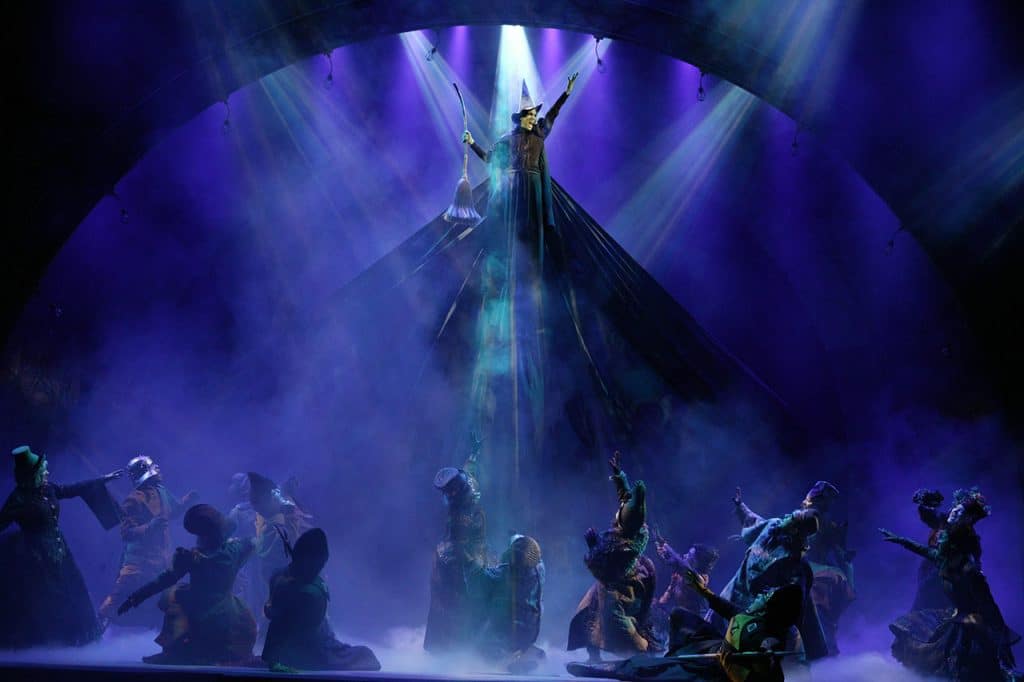
Alice’s Adventure in Wonderland is not only an iconic and successful franchise, but it has a profound impact on popular culture across the globe. Successful attempts to reignite previously established franchises frequently take the form of either an origin story or the introduction of new characters/worlds. The Looking Glass Wars combines both historically successful narrative methods by giving the audience the real story behind Alice and expanding that story into a wholly reimagined Wonderland. Wicked (The Untold Story) reinvented the iconic story of the Wizard of Oz and went on to become one of the most successful Broadway musicals of all time.
Both "Wicked" and "The Looking Glass Wars" take on the Herculean task of reinventing cherished universes. If "Wicked" challenges everything you thought you knew about the Wicked Witch of the West, "The Looking Glass Wars" does the same for Lewis Carroll's "Alice's Adventures in Wonderland." The story deviates from the whimsical Wonderland we think we know, reimagining it as a darker, more complex world with political intrigue and battle-hardened characters. Just as "Wicked" made audiences rethink Oz, "The Looking Glass Wars" has the potential to take us down an entirely different rabbit hole.

Perhaps one of the most striking features of "The Looking Glass Wars" is its transformation of the traditionally passive Alice into Alyss Heart, a confident and powerful warrior. This shift aligns well with modern-day expectations and aspirations for female characters in storytelling. Gone is the bewildered girl merely reacting to a world gone mad; in her place is a proactive, imaginative woman grappling with responsibilities, moral choices, and her own destiny. In the #MeToo era, where stories of female empowerment are resonating more than ever, Alyss Heart could stand as an icon of what it means to be a woman of agency and substance.
"The Looking Glass Wars" isn't just a retelling of an old tale; it’s a story for our time. Its characters come from a multitude of backgrounds, reflecting the cultural diversity of our world. This lends the narrative a multi-generational appeal, making it a story that can resonate with audiences young and old. By presenting a Wonderland that mirrors the diversity of our own society, this adaptation could be as meaningful for grandparents as it is for their grandchildren.
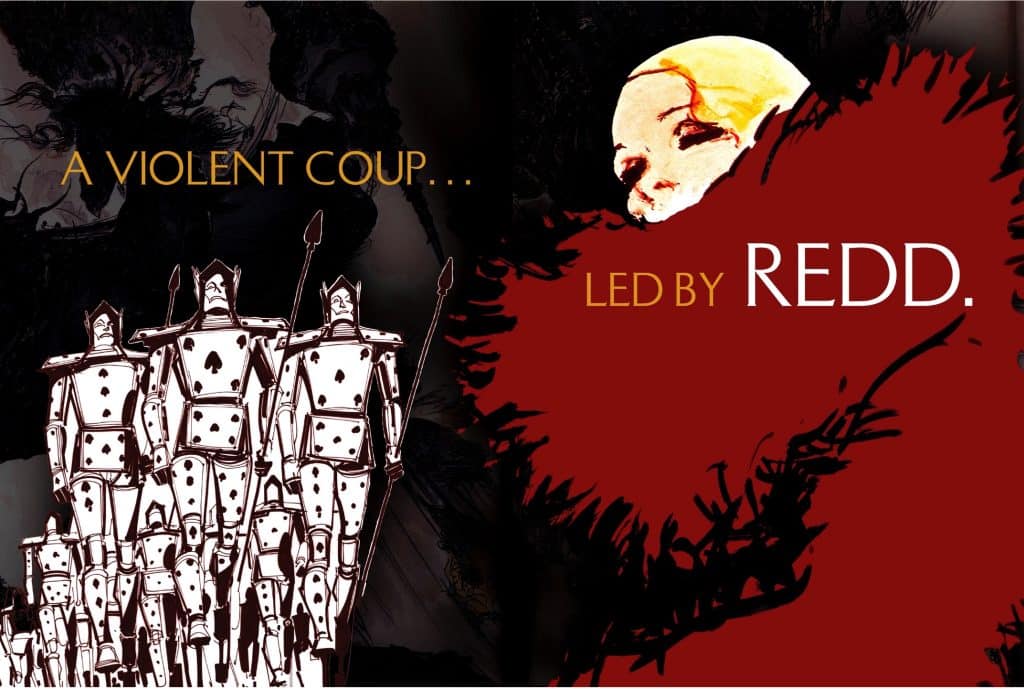
Like a timeless song that never fades from public consciousness, the characters and worlds created by Lewis Carroll have always held a place in our collective imagination. "The Looking Glass Wars" taps into this enduring fascination but updates it for contemporary audiences, adding layers of psychological complexity, socio-political commentary, and ethical dilemmas that make it relatable for today’s world. The issues that troubled Alice and her real-world counterparts are not just issues of a bygone era; they are questions that continue to challenge us, making the story eternally relevant.
One of the reasons "Wicked" garnered such immense success is its ability to humanize the Wicked Witch, revealing the events and motives that shaped her into the character we encounter in "The Wizard of Oz." Similarly, "The Looking Glass Wars" gives depth and nuance to Alice, here rebranded as Alyss Heart, the rightful queen of Wonderland. The characters are ripe for the Broadway stage, filled with emotional layers, inner turmoil, and dynamic relationships that can be brought to life through powerful solos and duets.
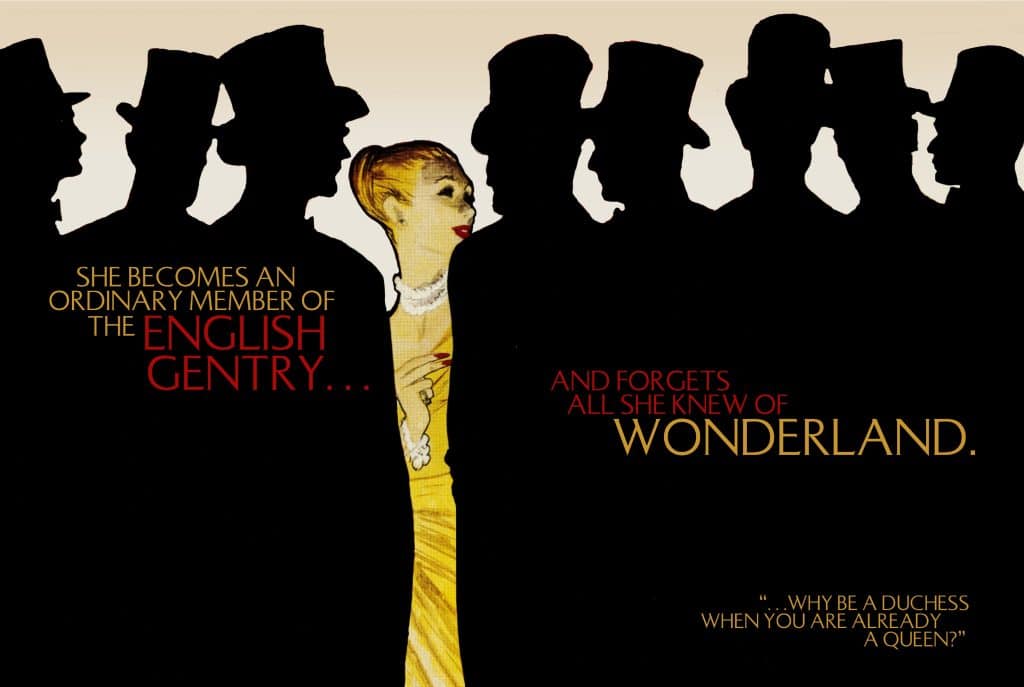
Broadway has a history of celebrating intricate, thoughtful narratives, and "The Looking Glass Wars" provides just that. While the original "Alice in Wonderland" focuses on nonsensical adventures, Beddor's reinterpretation infuses Wonderland with political instability, war, and exile. This is a story that allows for a complex web of sub-plots, a feature that can help sustain a two-act Broadway musical with aplomb.
Wonderland, as conceived by Frank Beddor, is not just a setting but also a character. Its fantastical elements offer an exciting challenge for set designers, lighting experts, and costume creators. Imagine the spectacular scenes that could be staged: card soldiers marching into battle, morphing landscapes, and dazzling interpretations of familiar settings like the Heart Palace. If Broadway could make flying monkeys and a shimmering Emerald City, a la "Wicked," think of the stunning visuals that Wonderland could offer.
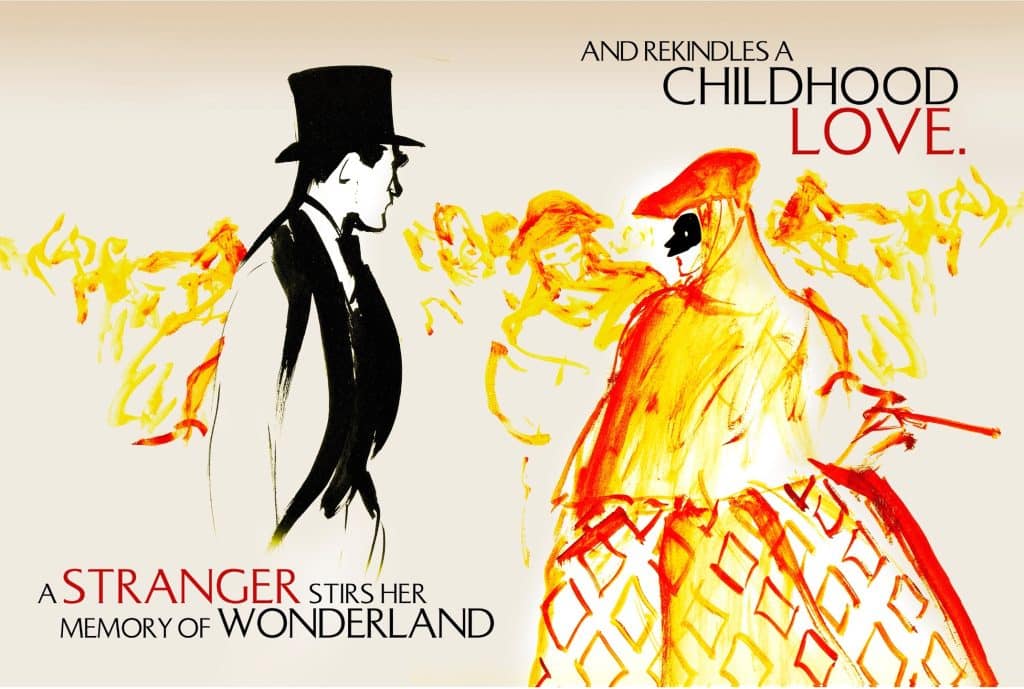
Let’s not forget the essential element of any musical: the score. "The Looking Glass Wars" provides a range of emotional highs and lows that could be captured through an array of musical choices. Anywhere from “At the End of the Day” (Les Misérables) to “Wishing You Were Somehow Here Again” (Phantom of the Opera) to “Your Song” (Moulin Rouge) or “Sun and Moon” (Miss Saigon.)
From the poignant moments of Alyss contemplating her lost throne to the exhilarating action sequences, music can be the heartbeat of this adaptation, engaging audiences just as Stephen Schwartz's music did for "Wicked."
In an era where audiences crave stories that can simultaneously entertain and make them think, a Broadway adaptation of "The Looking Glass Wars" is more relevant than ever. People want to be surprised, to see old stories through a new lens. With its layered characters, intricate plot, and visually striking world, "The Looking Glass Wars" can be Broadway’s next big hit, offering a fresh yet nostalgic experience that appeals to both Alice aficionados and newcomers alike.

While the realm of Broadway is already filled with adaptations and revivals, there's always room for groundbreaking work that challenges our perceptions of classic tales. If "Wicked" could breathe new life into the Land of Oz, there’s no reason "
" can't do the same for Wonderland. Frank Beddor’s masterpiece has all the makings of a Broadway sensation: memorable characters, a gripping plot, and a fantastical world that’s begging to be brought to life on stage. It's high time we go through the looking glass and see for ourselves.

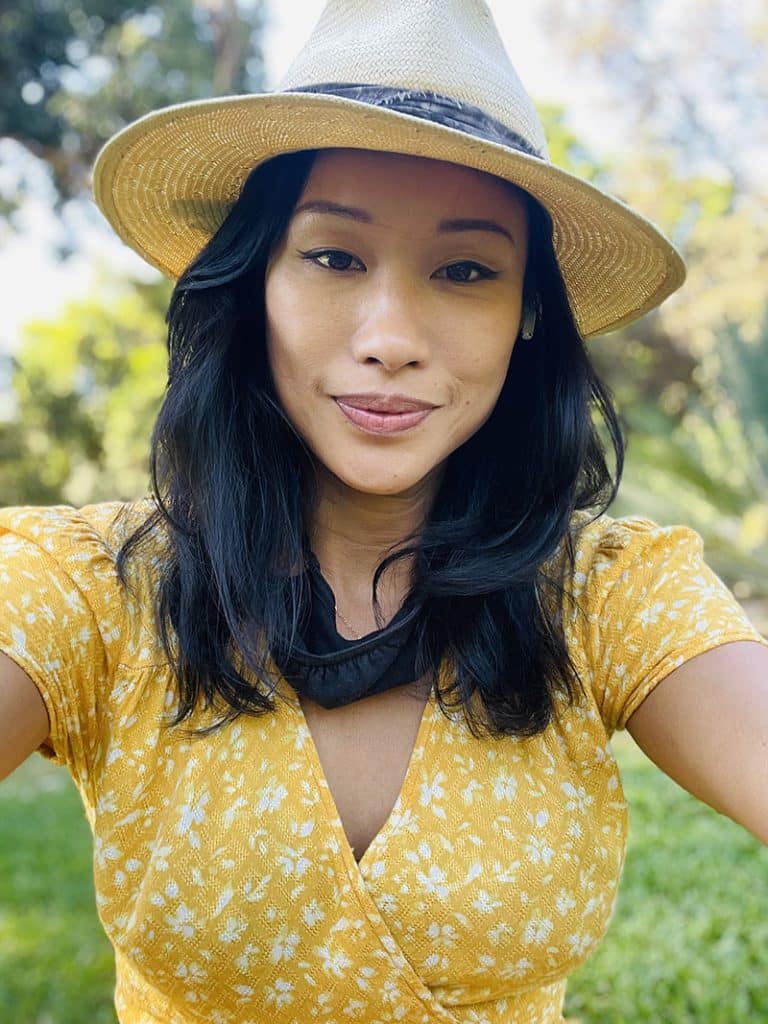
Teresa Lin was born in Taipei, Taiwan, and grew up in Tampa, Florida. She attended Duke University and the film program at USC. She started her career working in development for Janet Yang and Oliver Stone. Then she worked on “Frasier” at Paramount. She got her big break as a writer on “Bones” and has projects in development for Automatic Pictures. She intends to produce stories over multiple platforms, raising awareness, empathy and inclusivity. She lives in Los Angeles with her two kids, her husband, his two children, and three bunnies.